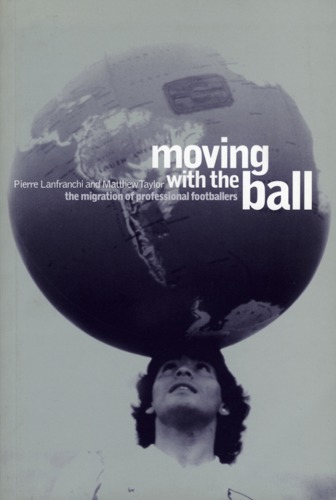

Most ebook files are in PDF format, so you can easily read them using various software such as Foxit Reader or directly on the Google Chrome browser.
Some ebook files are released by publishers in other formats such as .awz, .mobi, .epub, .fb2, etc. You may need to install specific software to read these formats on mobile/PC, such as Calibre.
Please read the tutorial at this link: https://ebookbell.com/faq
We offer FREE conversion to the popular formats you request; however, this may take some time. Therefore, right after payment, please email us, and we will try to provide the service as quickly as possible.
For some exceptional file formats or broken links (if any), please refrain from opening any disputes. Instead, email us first, and we will try to assist within a maximum of 6 hours.
EbookBell Team

5.0
108 reviewsAs a universal game, association football has been particularly suited to the transfer of labour forces. It does not require the use of a specific national language, a recognized diploma or acquired qualification, and the rules are standardized across the globe. Thus the international football market could be considered an ideal example of a transnational and multicultural employment sector. Role models throughout the history of professional football have not necessarily come from the town, nation, racial group or religious denomination of the majority of supporters, as is seen in the cases of Maradona in Naples, the German Bert Trautmann after the Second World War, and more recently the Frenchman Eric Cantona in Manchester, the Cameroonese Milla in France, and the Argentinian Di Stefano in Madrid. Football provides a particularly revealing lens through which to examine changes in national styles and stereotypes as they have been (and still are) reflected in the search for identities in sporting heroes.
In this book, the authors consider the movement of football labour from the late nineteenth-century to the present day within the framework of international migration as a whole. Emphasis is given to the initial role of the British in the early twentieth century and the impact of the earliest South American and Yugoslav football 'wanderers'. The position of African footballers in the postwar period and the failure of America's national league in the 1970s are also discussed, along with the international market for coaches and managers, the development of national playing styles and the immediate consequences and future implications of the Bosman ruling.